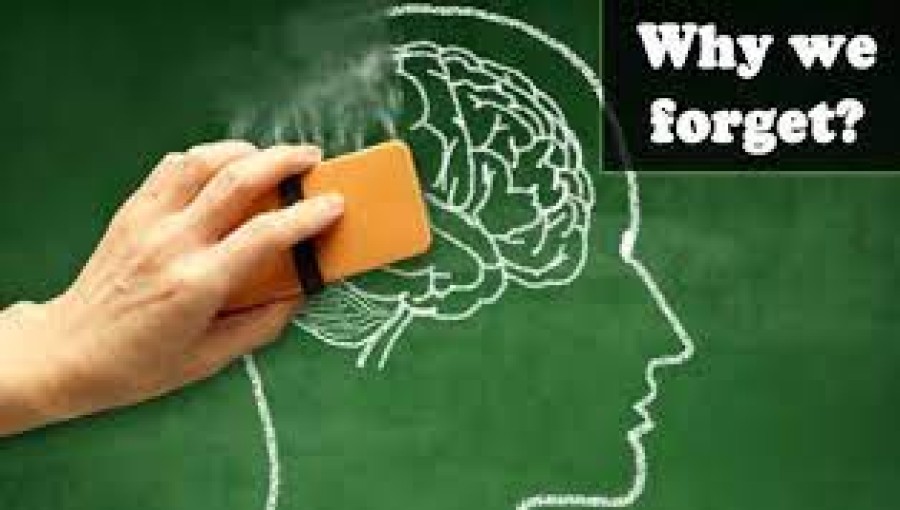CTG, Sep 03 (V7N) - Forgetting is a common experience, and several factors contribute to why we forget things.
As new memories are created, older ones can gradually fade. Memories that aren't revisited or practiced over time are more likely to be lost.
Interference: When similar memories overlap, they can disrupt each other, making it harder to recall one specific memory. The more frequently accessed memory tends to dominate, leading the less accessed one to fade.
Lack of Sleep: Adequate sleep is vital for memory consolidation. Without proper rest, the brain struggles to process and store memories efficiently, which is crucial for retaining long-term memories.
Inadequate Encoding: Sometimes, memories don’t transition into long-term storage effectively, causing them to be forgotten quickly.
Motivated Forgetting: We may consciously or unconsciously choose to forget unpleasant or traumatic memories. This process, known as motivated forgetting, helps the brain replace distressing memories with more positive ones.
Additional Factors: Other influences on memory include alcohol, stress, and certain medications like antidepressants and sedatives, which can hinder memory formation and recall.
Forgetting is a natural and integral part of our cognitive processes, despite the brain's impressive ability to retain large amounts of information.
END/ABZ/SMA/






























Comment: